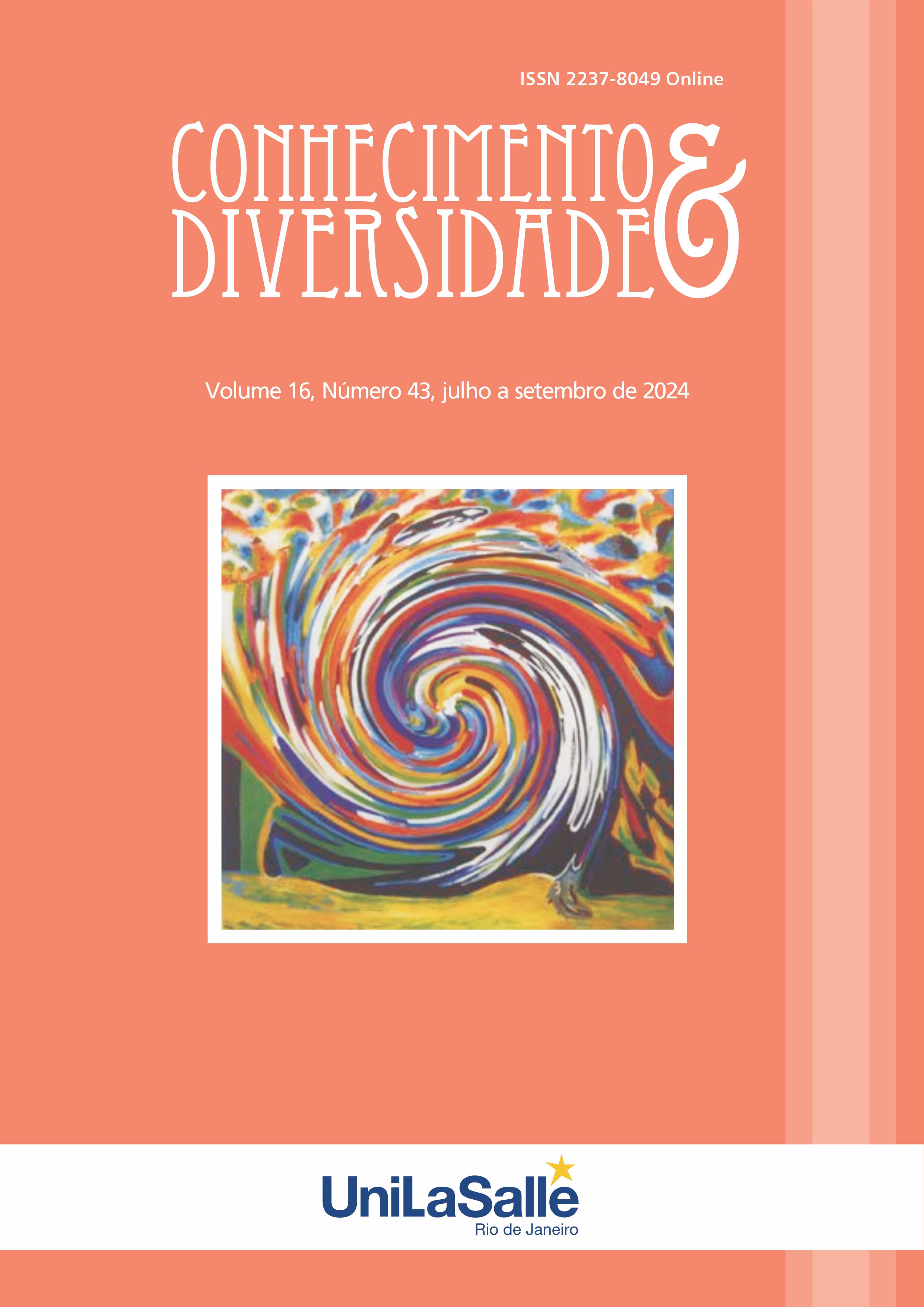SOCIOCULTURAL ADAPTATION OF EDUCATIONAL ATTAINMENT AND THEIR PROFESSIONAL DEVELOPMENT
PEDAGOGICAL ASPECT
DOI:
https://doi.org/10.18316/rcd.v16i43.11847Keywords:
educational environment, social adaptation, pedagogical support, digitalization, communicationsAbstract
The article reveals the specifics of students' social adaptation when planning a professional career. The components and indicators of the level of social adaptation of students in the process of planning a professional career have been determined. A model of pedagogical support for the process of social adaptation of students in planning a professional career has been theoretically substantiated and developed. A model of pedagogical support for the process of social adaptation of students when planning a professional career was experimentally tested.
References
CASAS, J.P., Educating the Digital Generation: Exploring the Role of Teacher Education to Prepare for Digital Learners. Journal of Teacher Education and Professional Development, 3(1), 25-39, 2020.
GARDNER, H. The App Generation: How Today's Youth Navigate Identity, Intimacy, and Imagination in a Digital World. Yale University Press, 2013.
PRENSKY, M. Teaching Digital Natives: Partnering for Real Learning. Corwin Press, 2010.
IASECHKO, S., PEREIASLAVSKA, S., SMAHINA, O., LUPEI, N., MAMCHUR, L., & TKACHOVA, O. Artificial Intelligence in the Modern Educational Space: Problems and Prospects. IJCSNS International Journal of Computer Science and Network Security, 22(6), 25-32, 2022.
TSILMAK, O., IASECHKO, S., POPLAVSKA, M., MOTLYAKH, O., & KABANETS, O. Modern Innovative Forms of Teaching Law at Other Schools in Ukraine. Revista Eduweb, 16(4), 166-177, 2022.
TAPSCOTT, D. Growing Up Digital: The Rise of the Net Generation. McGraw-Hill, 1998.
TURKLE, S. Alone Together: Why We Expect More from Technology and Less from Each Other. Basic Books, 2011.
MILLS, K. A. Literacy Theories for the Digital Age: Social, Critical, Multimodal, Spatial, Material and Sensory Lenses. Multilingual Matters, 2016.
THOMAS, D., & BROWN, J.S. A New Culture of Learning: Cultivating the Imagination for a World of Constant Change. CreateSpace Independent Publishing Platform, 2011.
WARSCHAUER, M. Technology and Social Inclusion: Rethinking the Digital Divide. MIT Press, 2004.
JENKINS, H., ET AL. Confronting the Challenges of Participatory Culture: Media Education for the 21st Century, MIT Press, 2009.
EUROPEAN COMMISSION. Key competencies for lifelong learning. DOI: 10.2766/569540, 2019.
Downloads
Published
Issue
Section
License
Copyright (c) 2024 Olha Svyrydiuk, Inna Humeniuk , Nataliia Ababilova, Oleksii Klochko , Iryna x Iryna Hrebnieva

This work is licensed under a Creative Commons Attribution 4.0 International License.
As recommended by the Public Knowledge Project, RCD adopts for its articles a CREATIVE COMMONS Attribution CC BY 4.0 license.
This license allows others to distribute, remix, adapt and build upon your work, even commercially, as long as they credit you for the original creation.
This is the most appropriate license offered.
Recommended for maximum dissemination and use of licensed materials.



